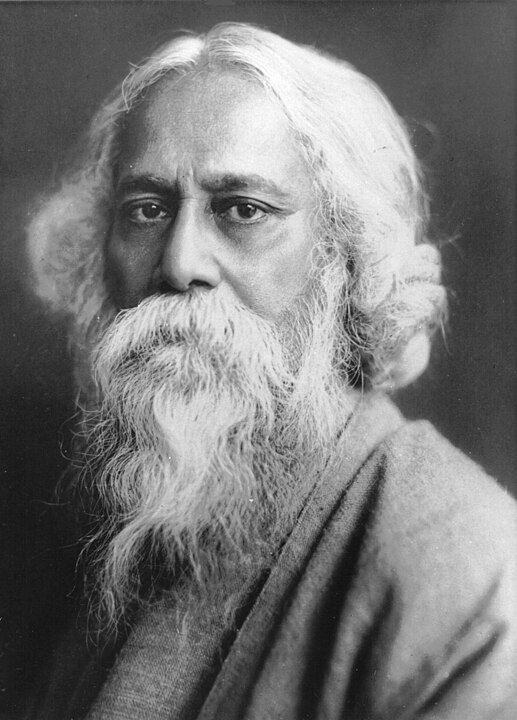The poem collection “Gitanjali” (Song Offerings) by Rabindranath Tagore won the 1913 Nobel Prize in Literature. Tagore’s win marked a significant milestone as he became the first non-European and first Asian to receive the Nobel Prize in Literature.

The Swedish Academy, which awards the Nobel Prize, recognized Tagore’s literary achievements and the profound impact of his work on a global scale. “Gitanjali” was a collection of lyrical and spiritual poems originally written in Bengali and translated into English by Tagore himself. The poems in “Gitanjali” captured the essence of human emotions, celebrated the beauty of nature, and explored profound philosophical and spiritual themes.
Tagore’s writing style, infused with lyricism and profound insights, resonated with readers worldwide. His work presented a unique blend of Indian and Western literary traditions, combining elements of Bengali poetry, classical music, and spirituality. “Gitanjali” was particularly praised for its universal appeal and its ability to transcend cultural and linguistic boundaries.
Moreover, Tagore’s win can be seen in the context of the broader recognition and appreciation of Indian literature and culture during that period. His Nobel Prize brought international attention to the rich literary tradition of India and its contributions to world literature.
Beyond his literary achievements, Tagore was also known as a prominent social reformer, philosopher, and polymath. He played a significant role in the cultural and intellectual renaissance of India and championed ideas of universalism, harmony, and humanism.
In summary, Rabindranath Tagore was awarded the Nobel Prize in Literature in 1913 for his exceptional poetic collection “Gitanjali,” which exemplified his literary genius, his ability to bridge cultures, and his profound spiritual insights. His win not only honored his individual achievements but also shed light on the broader significance of Indian literature and culture in the global literary landscape.




